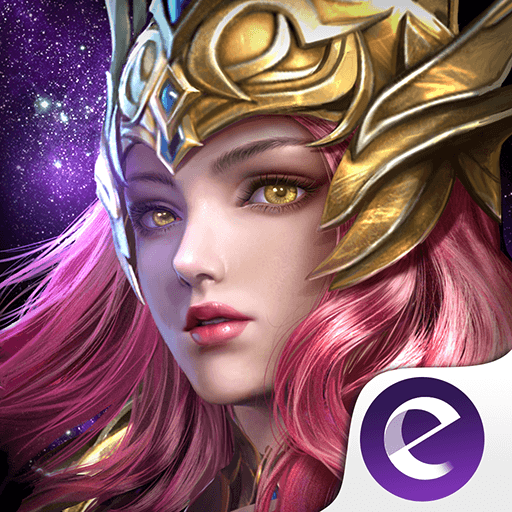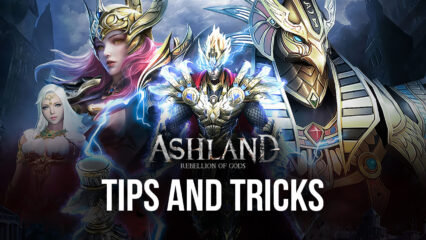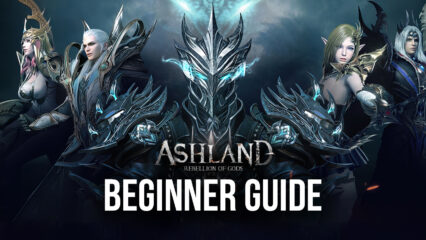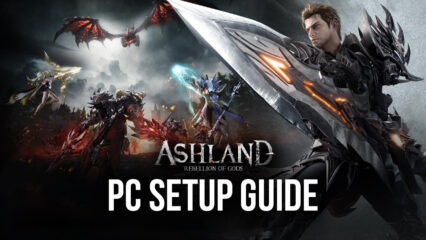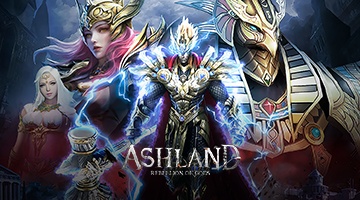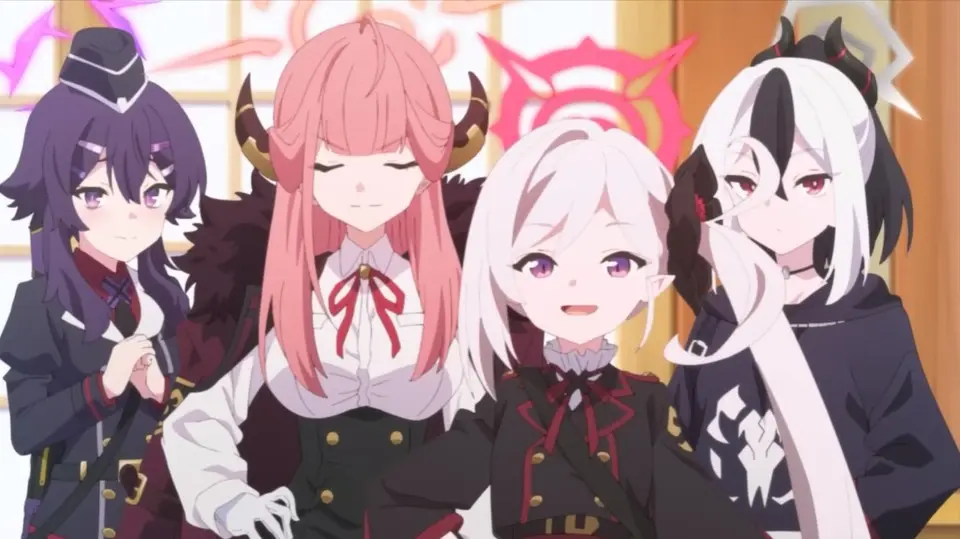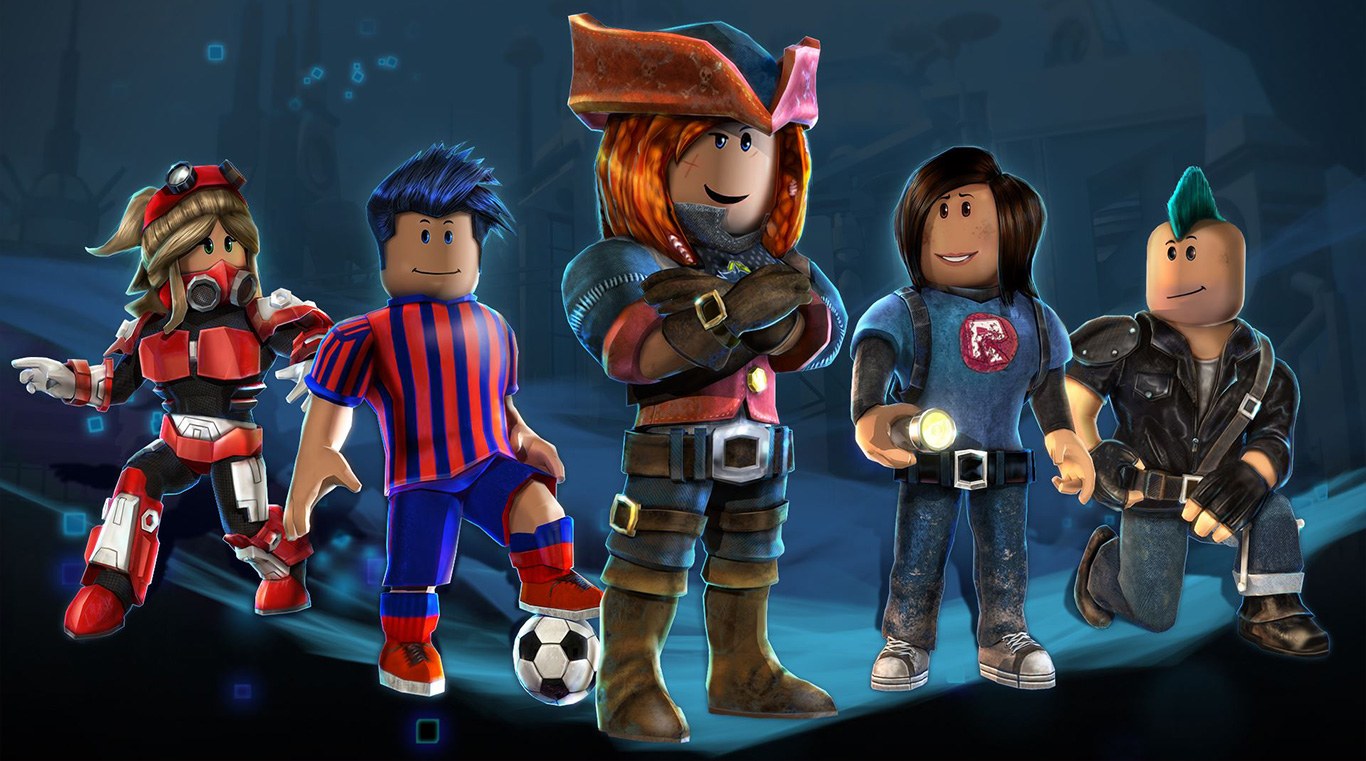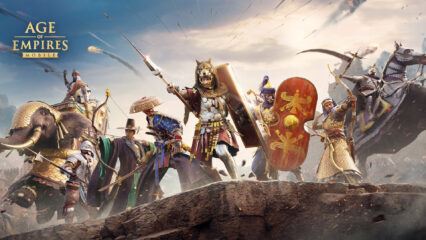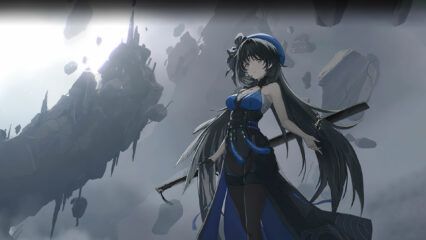Ashland: Rebellion of Gods - A Guide to Your Hero
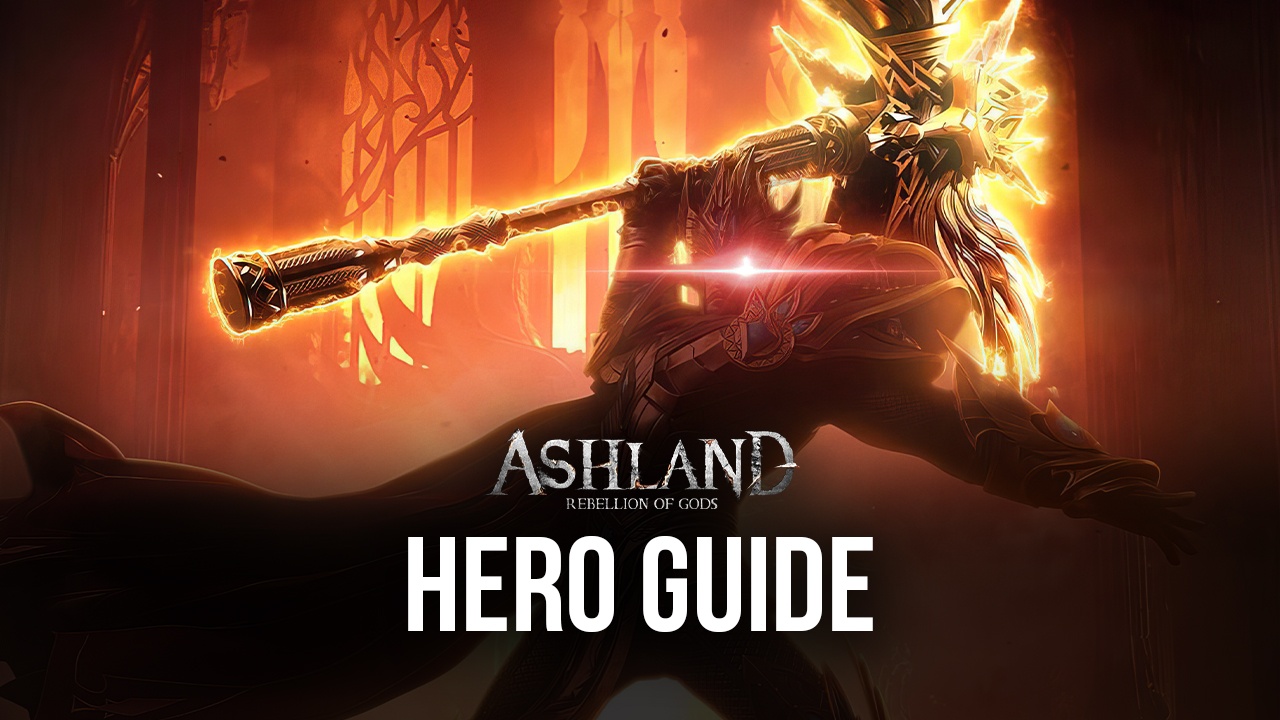
Heroes in any RPG play a central part in the action because they will be the primary unit to secure your goals and objectives, especially in Ashland: Rebellion of Gods. Aside from the player inserting themselves as the protagonist of the story through the character they’ve chosen, the hero also represents the hard work the player has sacrificed to make it possible. That’s why it’s essential to learn about the inner mechanics that give the hero an identity by looking at the system surrounding it.
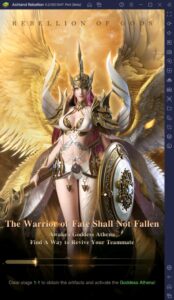
Most MMORPG games have a standard formula that gives heroes their identity and how they develop in the future, and the same is true with Ashland: Rebellion of Gods. The game doesn’t stray too far away from what gives all the other RPGs an identity in the gaming world, but there are some unique features that this title has introduced to differentiate itself from all the other games in the genre. Here’s a short guide to help players learn about their heroes in Ashland: Rebellion of Gods.
Choosing a Class
Choosing a class is an essential step in starting any RPG, which is true in Ashland: Rebellion of Gods. The game only includes three basic classes at the start of the game, which are the warrior, mage, and archer. These three characters each have different play styles that the player may want to know about at the start of the game. However, your choice doesn’t matter too much because the game will eventually allow you to own all three classes simultaneously, which we’ll explain more a little later.
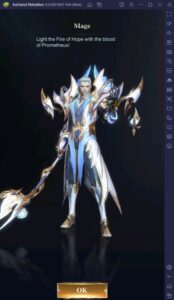
The warrior class is the standard melee class with high defenses and good damage output for players who like to get in the face of enemies and soak up damage fearlessly. The archer class is the physical damage dealer that wants to utilize its speed and range to deal consistent damage from afar. Finally, the mage is the magic damage dealer that likes to deal high amounts of damage in large areas from a safe distance. Each class plays a different role in your team, depending on their damage type.
Party System
As mentioned before, it doesn’t matter which class you choose at the start of the game because Ashland: Rebellion of Gods features a party system where the player can acquire all three classes after completing certain stages in the game. This means that players eventually need to level up three heroes and gear them all equally, as well as develop their skills, companions, and other features that are included in your main hero. Players can choose which hero they want active by clicking on the icon on the lower-right side of the screen.
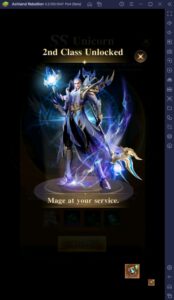
Getting all three heroes is essential because it unlocks your full potential to fight against monsters and enemies. However, your power scales down tremendously because you’ll have a naked character that has no upgrades whatsoever. This forces the player to continuously grind for items and resources to ensure that all heroes are balanced equally in the party. Players can only use one hero at a time in standard PvE but will use all of the members of their team in dungeons, bosses, and PvP arena.
Skills and Abilities
Each class has its own set of skills and abilities. For example, the warrior class will have a lot of melee and defensive abilities that aim towards drawing the attention of the enemy team and sustaining itself throughout a fight. Skills and abilities are unlocked and upgraded by acquiring skill tomes for the specific ability that you’re trying to get. Players can receive this either by completing quests or defeating dungeons and bosses, or purchasing it using the in-game premium currency.
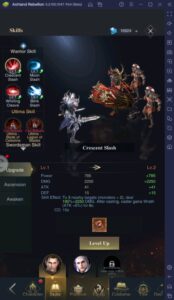
The abilities are essential because they dictate how your character will act on auto-combat. Having unlocked all abilities is the first step to getting an excellent team because it provides so much power to your team since you don’t have to wait too much on cooldowns. If possible, unlock all the abilities on your ranger and mage first so that you can maximize dealing damage to the enemies quickly before your warrior dies in the frontline. However, this is easier said than done because it requires many resources to do so.
Character Stats
Character stats are everything in Ashland: Rebellion of Gods. We mentioned in our Beginners’ Guide the role that stats play in increasing Combat Power, but that’s just a general overview of the importance of stats. It’s essential to break down the role of each stat depending on the type of hero you’re using. For example, defense and tenacity are more critical for warriors than mages and rangers who prefer dodge as their primary defensive stat because they almost never receive any direct damage.
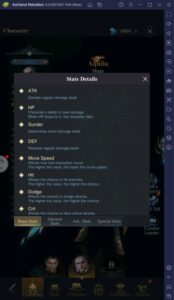
Understanding what each stats do will help the player make decisions when choosing between stat upgrades after completing a stage in the dungeon. However, if you’re not sure which stat to pick, damage and sunder are almost always generally excellent because they allow you to clear PvE content a lot faster. Unfortunately, this might affect your performance in PvP when serious players have perfectly balanced stat distribution according to their heroes.
Ranking
The Ranking Leaderboard is where players flex their hard work and sacrifices in the game. Many players comment that players who spend more money end up taking the top spots, and that may be usually true, you don’t have to take the no. 1 spot to prove that you’ve done a lot in the game. In fact, an F2P user reaching the Top 10 rankings globally is a fantastic feat by itself.
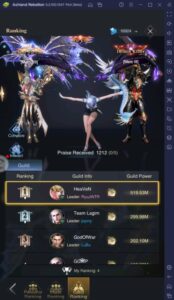
There are different types of leaderboards in the game, and the most coveted of them all is the World’s First titles where the first player to defeat a boss is immortalized in the server by placing their name permanently as the person who defeated that monster first. If you’re more of a PvP player, then ranking first or at least in the top 100 is your primary goal to gain a lot of rewards at the end of every season.

